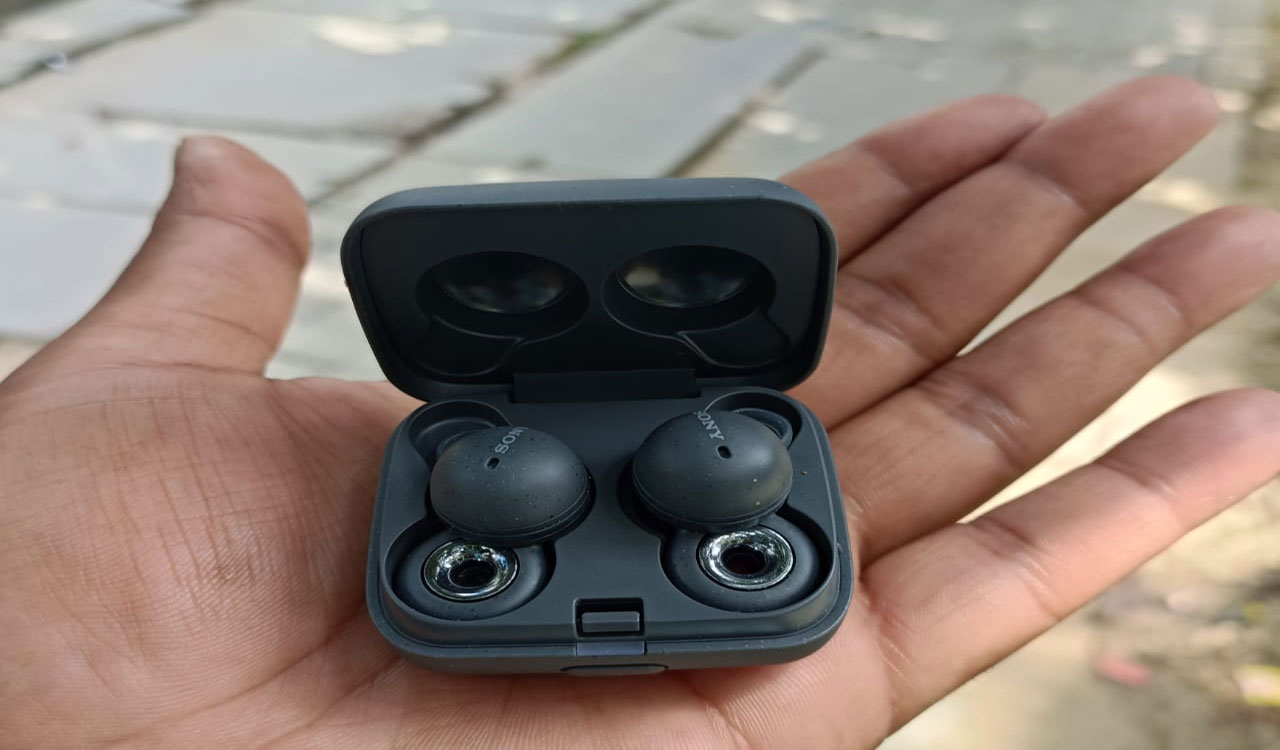Five important nutrients for women
Key nutrients for women include calcium for bone health, iron to prevent anaemia, folate for cell growth (especially during pregnancy), vitamin D for immunity and bone support, and omega 3 fatty acids for heart and brain health

New Delhi [India]: Women’s health is a vital aspect of overall well-being, and ensuring the right intake of nutrients can make all the difference in maintaining energy, preventing health issues, and enhancing quality of life. Particular nutritional needs vary with age and life stages and require special diets that are balanced for specific needs. Adding Orofer XT to your daily routine can support your nutritional requirements and provide you with the optimum iron and folic acid supplementation.
Here are five essential nutrients every woman should prioritise to achieve better health and vitality:
1. Calcium: The Backbone of Strength
Calcium is the cornerstone of strong bones and teeth. Bone density loss is more common among women, particularly once they have reached menopause, which increases the risk of osteoporosis. It is vital to get enough calcium in your diet to maintain good bone health, healthy muscles, and nerve signalling.
Why it’s important:
- It supports bone strength and density.
- It reduces the risk of fracture and osteoporosis.
- It improves muscle contraction and heart rhythm.
Sources of calcium: Excellent sources of calcium include dairy products such as milk, yoghurt, and cheese. Leafy greens (kale, spinach), almonds, tofu, and fortified plant-based milk are all non-dairy options. For optimal absorption of calcium in the body, ensure it is taken with sufficient levels of vitamin D.
2. Iron: For Energy and Vitality
Iron is an important nutrient for women, especially during menstruation, pregnancy, and lactation, when the body’s needs are greatly increased. It is needed for the production of haemoglobin, which transports oxygen throughout the body.
Why it’s important:
- It prevents anaemia, fatigue, and weakness.
- It supports immune function and energy production.
- It is important for foetal development during pregnancy.
Sources of iron: Good sources of iron include red meat, poultry, fish, beans, lentils, and fortified cereals. Iron-rich foods paired with vitamin C sources like oranges or bell peppers help with its better absorption.
Pro tip: Consider taking Orofer XT, which contains iron and folic acid, to meet your daily needs and ensure adequate iron levels, especially during heavy menstrual cycles or pregnancy.
3. Folate: The Pregnancy Protector
Folate, or vitamin B9, is particularly crucial for women of childbearing age. It plays a major role in the processes of DNA synthesis, cell growth, and preventing birth defects during pregnancy.
Why it’s important:
- It prevents neural tube defects in babies.
- It promotes the healthy division of cells and their growth.
- It supports cardiovascular health by reducing the homocysteine levels.
Sources of folate: Excellent sources include green leafy vegetables, citrus fruits, avocados, lentils, and fortified grains. Many doctors recommend supplementation during pregnancy due to increased demand. Folate is a non-negotiable nutrient for women trying to conceive or in early pregnancy to ensure the healthy development of the baby.
4. Vitamin D: Sunshine for Your Health
Calcium absorption depends on vitamin D, hence it is important for optimal bone health. In addition, it boosts the immune system, contributes to good mental health, and may even lower a person’s risk for some chronic diseases.
Why it’s important:
- It supports calcium and phosphorus absorption for strong bones.
- It supports immune system function as well as mood regulation.
- It may help reduce the risk of heart disease and some cancers.
Sources of vitamin D: The best source is sunlight, but it can also be found in fatty fish (salmon, mackerel), egg yolks, and fortified foods such as cereals and milk. In areas where there’s little sun exposure, supervision or supplementation may be required. Women who don’t get much sun should get regular vitamin D screenings and supplements to avoid deficiencies.
5. Omega-3 Fatty Acids: For Heart and Brain Health
Omega-3 fatty acids are essential fats that the body cannot produce on its own. They play a vital role in heart health, brain function, and reducing inflammation.
Why it’s important:
- It lowers the risk of heart disease and stroke.
- It supports cognitive function and mental health.
- It reduces inflammation as well as promotes joint health.
Sources of omega-3 fatty acids: Salmon, sardines, and mackerel are all rich sources of fatty fish. Flaxseeds, chia seeds, walnuts, and algae-based supplements are all plant-based options. Adding omega-3 fatty acids to your diet can also help balance hormones, especially during menopause.
Overall, prioritising these five nutrients can have a profound impact on your overall health and well-being. A balanced diet rich in these nutrients is important regardless of whether you’re navigating through a busy lifestyle, preparing for pregnancy, or maintaining vitality through menopause.
To get additional support, add Orofer XT to your routine to ensure you’re getting the iron and folic acid you need. If you want to start any supplements, be sure to consult with your healthcare provider first.
Related News
-
Editorial: India-France tango uplifts the mood
15 mins ago -
D K Shivakumar tells Karnataka contractors govt will pay as per budget
31 mins ago -
Opinion: MLA is not a Public Servant — justice lost in interpretation
45 mins ago -
Is it a crime to win majority of wards, Suman asks Vivek before arrest
1 hour ago -
Deer killed in road accident in Kothagudem
1 hour ago -
Speaker concludes hearing on disqualification petition against Danam Nagender
2 hours ago -
Consumers’ body wants BIS Standards Clubs set up in schools, colleges in Telangana
2 hours ago -
Telangana’s finances struggle over weak revenues and mounting debts
2 hours ago




